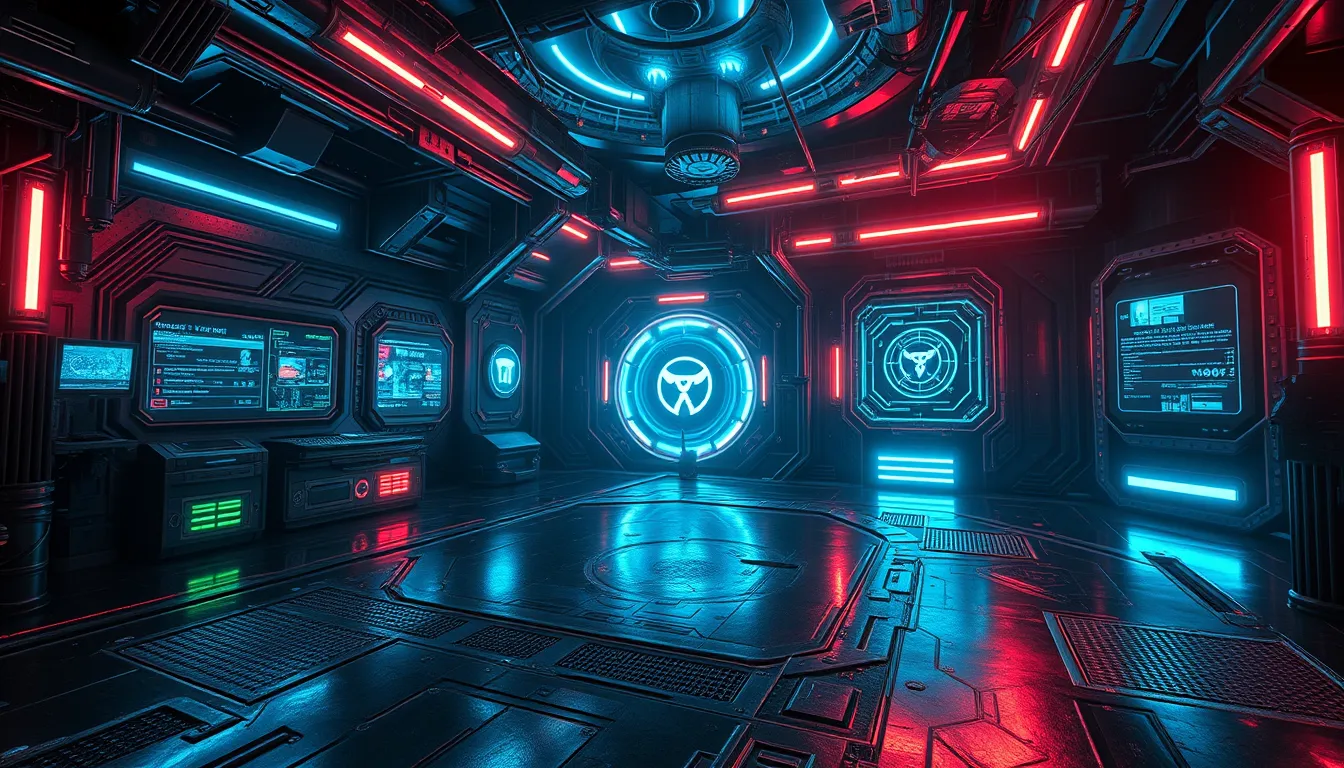Now Reading: Innovative AI Generated Quake: Redefining Game Development
-
01
Innovative AI Generated Quake: Redefining Game Development
Innovative AI Generated Quake: Redefining Game Development

Innovative AI Generated Quake: Redefining Game Development
The rise of artificial intelligence in gaming has sparked a revolution that is changing the way games are created and experienced. At the forefront of this trend is the AI generated Quake—a project that not only reinvents a gaming classic but also paves the way for rapid innovation in AI game development. Leveraging cutting-edge technology, Microsoft’s initiative marks a pivotal moment where creativity, efficiency, and advanced technical prowess converge.
The Evolution of AI Game Development
Traditional game development has always been a labor-intensive process. Designers, artists, and developers work tirelessly to bring imaginative worlds to life. However, with the advent of advanced AI, processes such as asset creation, environment design, and even gameplay mechanics can now be generated automatically. The AI generated Quake project is a prime example of how generative AI in gaming is transforming the industry.
Microsoft Muse AI and the Copilot Ecosystem
Microsoft has been a leader in integrating innovative technologies into mainstream gaming. The AI generated Quake project is powered by Microsoft Muse AI, a system that works seamlessly within the broader Copilot ecosystem. This collaboration harnesses the power of artificial intelligence to generate dynamic content in real time. For more details on Microsoft’s technology, visit the official Microsoft website.
Generative AI in Gaming: A New Frontier
The fusion of traditional game design and generative AI has opened up a new frontier in digital entertainment. By utilizing AI to reconstruct and reimagine classic titles, developers are beginning to explore how automation can enhance creativity without replacing the human touch. The AI generated Quake serves as a demonstration of game content generation that honors the legacy of its predecessor while integrating modern technology.
Benefits of AI in Rapid Game Prototyping
The practical implications of using AI in game development are immense. One of the most notable advantages is the dramatic reduction in development time. Here are some key benefits of AI in rapid game prototyping:
- Accelerated iteration cycles: Tasks that once took days are now completed in minutes.
- Cost reduction: Automation reduces the need for extensive manual labor, cutting production costs significantly.
- Enhanced creativity: Developers can focus on refining gameplay and narrative while AI handles repetitive work.
- Dynamic content creation: The system can quickly generate various in-game assets and environments for testing and refinement.
Microsoft’s AI generated version of Quake is a clear case study in these benefits. By integrating fast prototyping techniques with advanced technologies like Muse AI, the project demonstrates how rapid game prototyping can lead to quicker, more innovative product releases.
How AI is Revolutionizing Game Design
The impact of AI on game design is profound. It is not just a tool for automating tedious tasks but also an enabler of creative innovation. This project highlights several key ways in which AI is revolutionizing game design:
- Enhanced Creative Process: Developers can experiment freely with new ideas as AI provides suggestions and real-time modifications, pushing the boundaries of what can be achieved in a gaming environment.
- Personalized Gaming Experiences: AI enables the creation of games that adjust dynamically to a player’s style and preferences, making every playthrough unique.
- Improved Diagnostic Accuracy: By rapidly iterating on game content, AI helps identify issues and optimize gameplay mechanics, ensuring a smoother gaming experience.
- Game Content Generation: The transformational aspects of AI in game content creation are evident in the way environments, textures, and even story elements can be automatically generated and adjusted.
How AI Generated Version of Quake Sets New Standards
The AI generated version of Quake is not simply a nostalgic project—it is a beacon of innovation. Here’s how it sets new standards in the industry:
- Recreating a classic with modern tools: This project embodies what it means to update a timeless game using advanced AI technology.
- Merging tradition with innovation: It integrates the beloved elements of the original Quake while introducing revolutionary design features.
- A template for future projects: Its success paves the way for similar endeavors in other classic games and genres.
Future of AI in Digital Entertainment
Looking ahead, the impact of AI in digital entertainment will only grow stronger. The potential applications extend far beyond a single game. Here are some trends and predictions for the future of AI in this field:
- Continued innovation in game development will lead to more immersive and personalized experiences, driven by AI game design innovation.
- Rapid prototyping facilitated by AI will become the industry standard, significantly shortening development cycles.
- Integration with other digital media: AI technologies like those used in the AI generated Quake project can expand into film, music, and virtual reality, creating cross-platform experiences.
In summary, the AI generated Quake project is a landmark milestone that encapsulates the future of game development. By merging human creativity with machine learning, it offers a glimpse into what the future of AI in digital entertainment could hold. It provides tangible benefits such as accelerated prototyping and enhanced game design while also addressing broader cultural and economic implications. As the gaming industry continues to evolve, innovations like these will redefine what is possible, ensuring that the future of game development is as dynamic and engaging as ever.
Conclusion
The innovative project behind the AI generated Quake is a testament to the transformative power of artificial intelligence. By integrating advanced AI systems into game development, Microsoft is not only honoring the legacy of a classic shooter but also setting new benchmarks for rapid prototyping and creative design. The journey from a nostalgic game to a revolutionary new experience embodies the exciting possibilities of AI in digital entertainment. As the industry moves forward, the blend of human ingenuity and AI will continue to push the envelope, establishing a new era where creativity knows no bounds.
Embrace the future of gaming with the AI generated Quake and witness firsthand how technology is reshaping the landscape of digital entertainment.

























